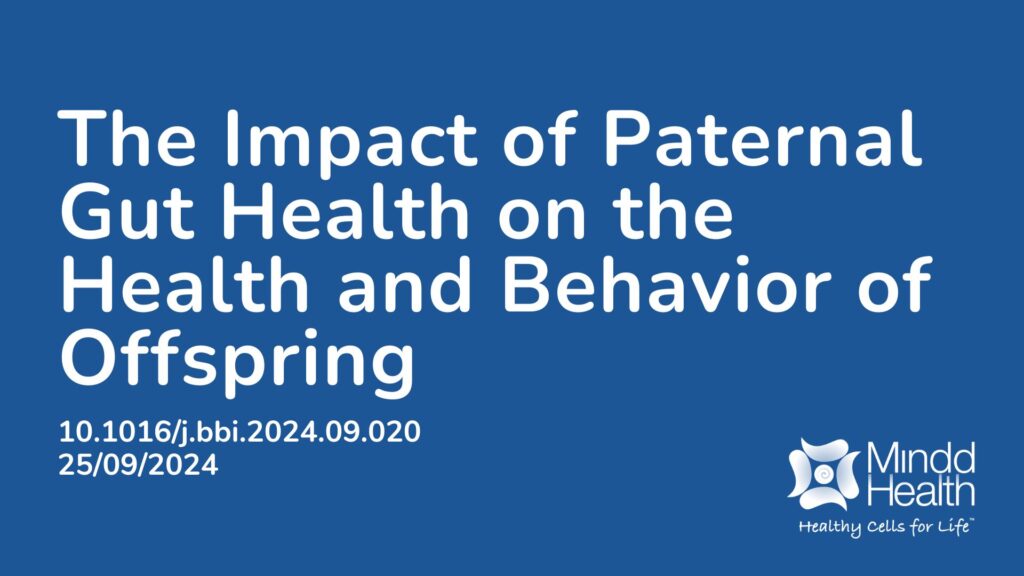Summary:
This study examines how a father’s health before conception can affect offspring, focusing on epigenetics, where changes in gene expression (as opposed to the genes themselves) may be passed down. The authors explain that for fathers, factors like stress, diet, and infections can change their sperm, which may then influence their children’s health and behavior through altered gene expression. The gut microbiota also plays an important role in the health of both the father and offspring. While maternal gut bacteria have been studied in relation to their effects on offspring health outcomes, very little research has explored how a father’s gut bacteria might have a similar impact. This study aimed to investigate how changes in a father’s gut bacteria, particularly through antibiotics, could affect sperm quality and influence offspring health, behavior, and brain function. The researchers found that administering antibiotics to male mice affected the health and behavior of their offspring across generations, with changes related to anxiety and depression. Changes were also observed in the sperm’s RNA, specifically in genes linked to offspring development, body weight, and behavior. The authors concluded that these findings could have wider implications for other animal species that share similar gut microbiota, including humans.
Abstract:
The paternal environment prior to conception has been demonstrated to influence offspring physiology and behavior, with the sperm epigenome (including noncoding RNAs) proposed as a potential facilitator of non-genetic inheritance. Whilst the maternal gut microbiome has been established as an important influence on offspring development, the impact of the paternal gut microbiome on offspring development, health and behavior is largely unknown. Gut microbiota have major influences on immunity, and thus we hypothesized that they may be relevant to paternal immune activation (PIA) modulating epigenetic inheritance in mice. Therefore, male C57BL/6J mice (F0) were orally administered non-absorbable antibiotics via drinking water in order to substantially deplete their gut microbiome. Four weeks after administration of the antibiotics (gut microbiome depletion), F0 male mice were then mated with naïve female mice. The F1 offspring of the microbiome-depleted males had reduced body weight as well as altered gut morphology (shortened colon length). F1 females showed significant alterations in affective behaviors, including measures of anxiety and depressive-like behaviors, indicating altered development. Analysis of small noncoding RNAs in the sperm of F0 mice revealed that gut microbiome depletion is associated with differential expression of 8 different PIWI-interacting RNAs (piRNAs), each of which has the potential to modulate the expression of multiple downstream gene targets, and thus influence epigenetic inheritance and offspring development. This study demonstrates that the gut-germline axis influences sperm small RNA profiles and offspring physiology, with specific impacts on offspring affective and/or coping behaviors. These findings may have broader implications for other animal species with comparable gut microbiota, intergenerational epigenetics and developmental biology, including humans.
Article Publication Date: 25/09/2024
DOI: 10.1016/j.bbi.2024.09.020



